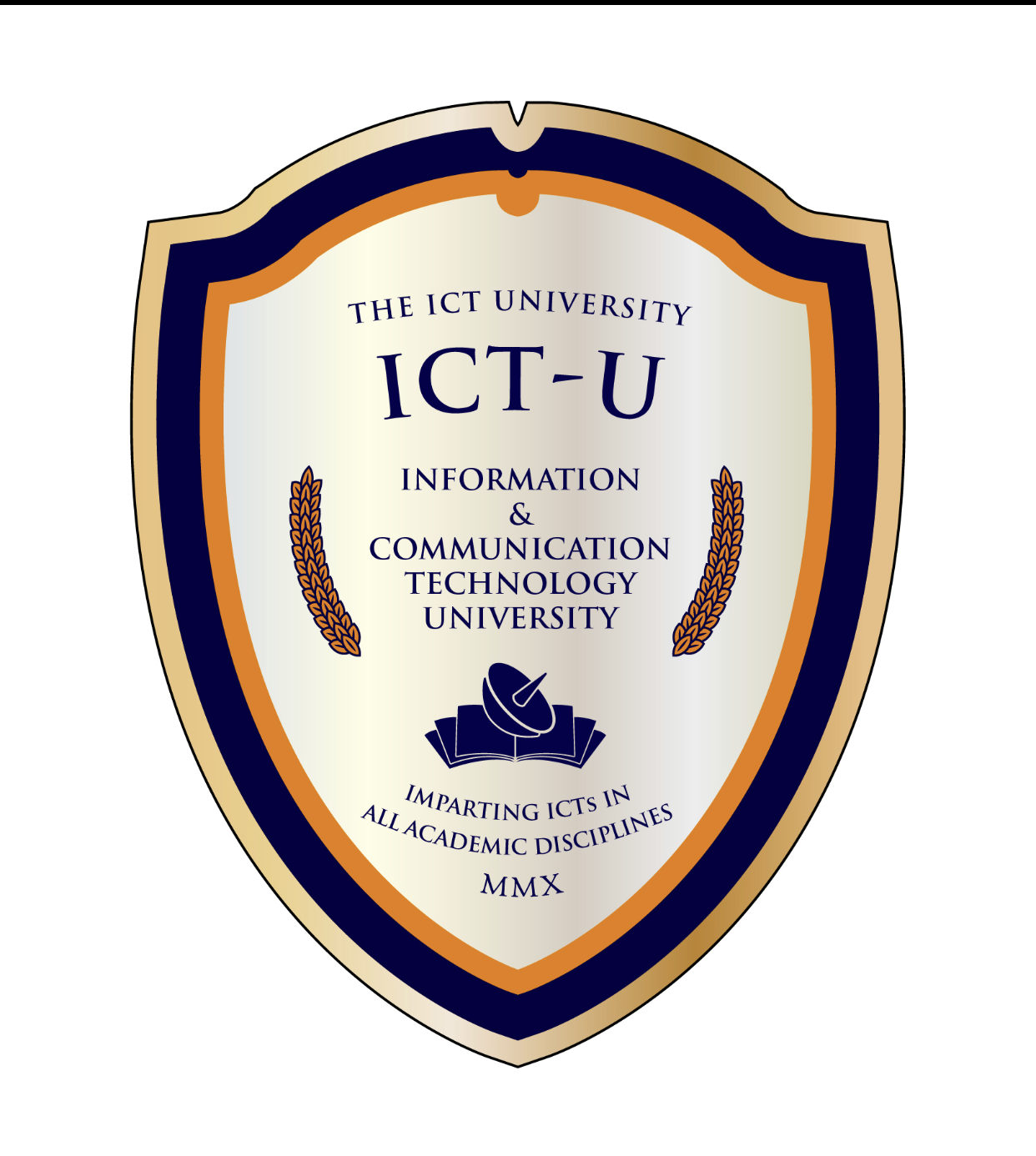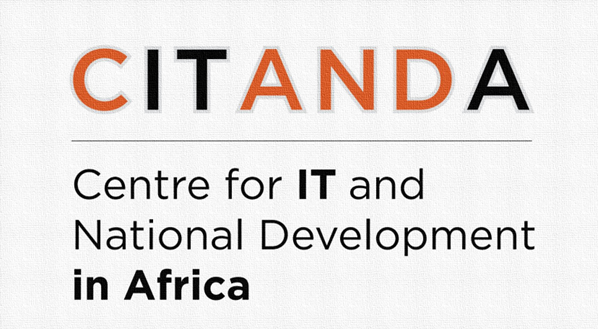Abstract
This study investigates the use of computers by People with Disabilities (PWDs) and whether it improves capability and human development in sub-Saharan Africa. Based on a case study’s findings and interviews with PWDs, we build on the Technology-Augment Capability Approach to show how computers as technical objects and caregivers as non-technical objects facilitate four key capabilities for PWDs, namely (1) Capability to education, (2) Capability to socio-economic activities, (3) Capability to social relations, (4) Informational capabilities and capability to employment. However, PWDs’ ability to convert the use of computers into capabilities is influenced by conversion factors, such as personal, social, environmental, technological, choice, and agency. Furthermore, our findings show also that there are enabling factors, such as accessibility, technological know-how, computer features, and Internet connectivity which facilitate PWDs’ achieved functionings.


